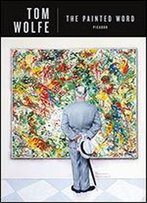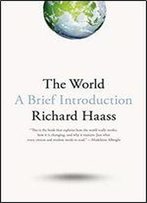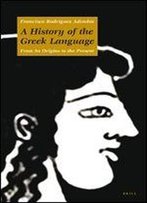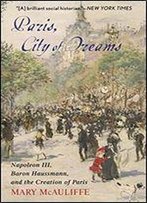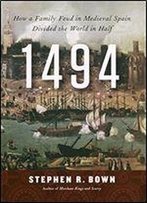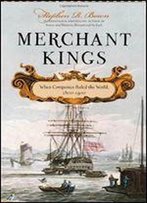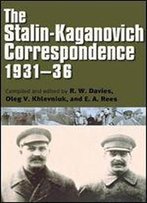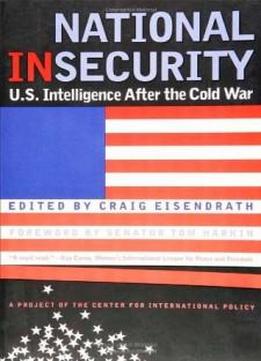
National Insecurity: U.S. Intelligence After the Cold War
by Craig Eisendrath /
2000 / English / PDF
25.4 MB Download
The Cold War has been over for ten years and no country threatens this nation's existence, yet, we still spend billions of dollars on covert action and espionage. Even during the Cold War, when intelligence was seen as a matter of life and death, our system served us badly. It provided unreliable information (leading, among other things, to a grossly inflated military budget) as it supported corrupt regimes around the world, promoted the drug trade, and repeatedly violated foreign and domestic laws. And worse, protected by a shroud of secrecy, it paid no price for its mistakes. Instead, it grew larger and more insulated every year. In "National Insecurity" ten prominent experts describe, from an insider perspective, what went wrong with U.S. intelligence and what needs to be done to fix it. Drawing on their experience in government administration, research, and the foreign service, they propose a radical rethinking of the United States' intelligence needs in the post-Cold War world. In addition, they offer a coherent and unified plan for reform that can protect U.S. Security while upholding the values of our democratic system. The contributors include Roger Hilsman, former Assistant Secretary of State, advisor to President Kennedy, and author of "The Cuban Missile Crisis"; Melvin A. Goodman, former division chief and senior analyst at the CIA's Office of Soviet Affairs; Robert E. White, former U.S. ambassador to El Salvador and Paraguay and president of the Center for International Policy; and, Robert V. Keeley, former ambassador to Greece, Zimbabwe, and Mauritius. It also includes: Jack A. Blum, chief investigator for Senator Church's Senate Foreign Relations Committee and for the Senate investigation of the Iran-Contra scandal; Kate Doyle, analyst at the National Security Archive; Alfred W. McCoy, author of "The Politics of Heroin"; Robert Dreyfuss, a journalist who publishes regularly on intelligence matters; Richard A. Stubbing, who for twenty years handled the intelligence budget for the Office of Management and Budget; Pat M. Holt, former chief of the Senate Foreign Relations committee and author of "Secret Intelligence and Public Policy"; and the editor. Author note: Craig Eisendrath is Senior Fellow at the Center for International Policy in Washington, D.C. He served as a U.S. Foreign Service Officer.
